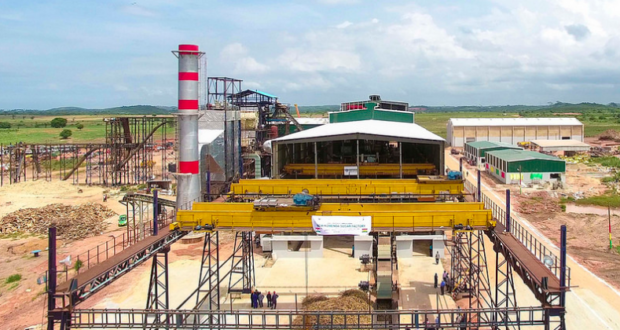Marc Miller’s Visa Update

Canada PR: Marc Miller’s Latest Statement: Canada Visa Update
2024
Mark Miller recently released a statement offering fresh perspectives on Canada’s visa regulations, generating curiosity and conjecture over impending modifications. It’s critical to comprehend the potential effects of these changes on prospective immigrants and passengers as we near the latter part of 2024. This post will analyze Miller’s most recent remarks and their implications for anyone applying for a Canadian visa Mark Miller, Canada’s Minister of Immigration, recently made news with a major announcement about the country’s permanent residency policies. This claim has generated a lot of discussion and media attention, which has made its ramifications more carefully considered.
Background on the Statement
Recent remarks made by Mark Miller have generated a lot of discussion on social media and news channels. Similar remarks made by Miller in the past had not drawn as much notice, but this most recent one has caused quite a commotion.
Miller’s main point was that people who are studying in Canada should preferably go back to their home countries and use the talents they have learned there. Many people have read this statement as a possible indication that Canada may be closing its doors to new immigration.
Implications
In essence, the statement implies that Canada sees international students as temporary residents who are expected to return home with newly acquired knowledge and abilities upon completion of their education. This viewpoint poses several queries;
- Does this imply that there are greater restrictions on the path to permanent residence in Canada?
- Are there fewer opportunities for foreign workers and students?
Several media sources and analysts have claimed that Canada is moving toward stricter immigration laws in reaction to Miller’s remarks. However, before making any judgments, it’s imperative to comprehend the larger background.
Canada’s Immigration Goals
Canada’s immigration laws are renowned for being comparatively lax. Canada, one of the world’s largest nations with a comparatively small population, depends on immigration to fill labor shortages and foster economic expansion in comparison to many other nations. Over the next three years, Canada has set lofty immigration ambitions, hoping to provide permanent status to 1.5 million people.This objective is in line with Canada’s continued commitment to accepting newcomers, even in light of recent remarks to the contrary.
Current Visa and PR Landscape
It is important to consider the influence of the COVID-19 outbreak and recent legislative changes while interpreting the latest debate regarding PR and student visas. There is a backlog of applications because many international students were granted work permit extensions during the pandemic.
Processing PR petitions has become more difficult due to increased competitiveness brought on by this backlog and an increase in applicants. The strain that exists in the immigration system right now is reflected in the recent rallies by workers and students who are worried about their visa status and the risk of deportation.
Reports of possible mass deportations add credence to these worries, but it’s vital to approach them cautiously because they could be inflated or taken out of context.
Driven Immigration Policies
The need in the job market is one of the main variables affecting Canada’s immigration laws. Immigrants with expertise and skills that meet the demands of the labor market today are given priority in Canada. Professionals in the fields of healthcare, STEM, engineering, trade, and agriculture are in high demand, for example. An individual may have a better chance of obtaining PR if their qualifications align with these in-demand fields.
The Current Landscape
Since immigration laws are always changing, prospective immigrants and students must keep up to date and adjust to new developments. Gaining PR will depend on knowing the most recent regulations and making sure that one’s credentials and experience meet Canada’s requirements.
Although Mark Miller’s recent remarks have given the impression that immigration laws are becoming more stringent, it’s vital to remember that Canada still has a strong overall commitment to immigration. Long-term plans from the government show that it will remain welcoming to newcomers, albeit with an emphasis on meeting certain labor market demands.
In conclusion, Mark Miller has taken a nuanced stance on immigration laws in Canada, stressing the significance of matching the nation’s skill and labor market demands. Even if the remark has raised concerns, it is important to take it into account in the context of Canada’s immigration objectives and policies as a whole.
To make well-informed decisions regarding their future in Canada, prospective immigrants and students should carefully evaluate the most recent information and rules. The most recent remarks made by Mark Miller provide some insight into how Canada’s visa laws are changing. Anyone who intends to go to or relocate to Canada in 2024 must keep up with these updates.
What's Your Reaction?












































































